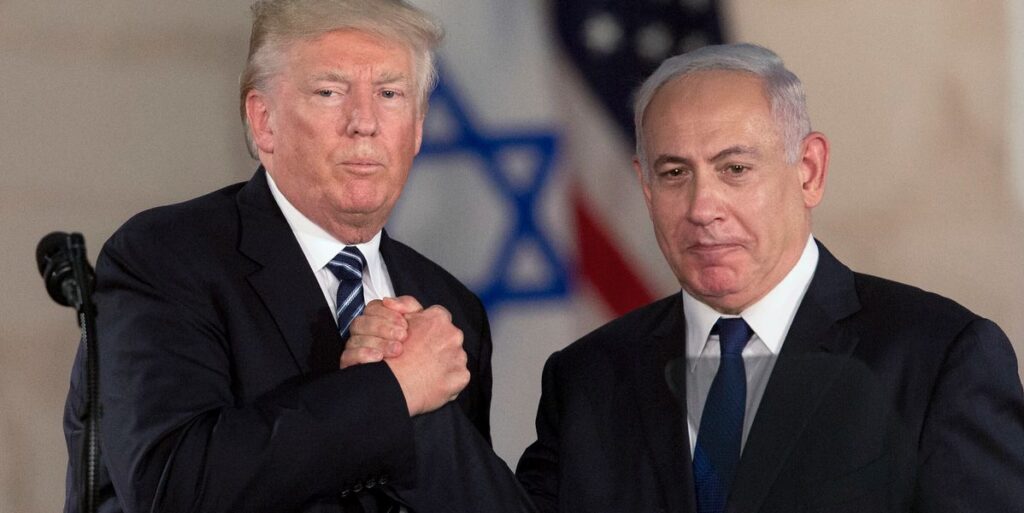As Israel’s military campaign against Palestinians extends beyond 14 months, Donald Trump, the president-elect for 2024, has remained evasive regarding his position on the potential annexation of the occupied West Bank by Israel. In a recent interview with Time Magazine, Trump discussed the complexities of inheriting a foreign policy heavily influenced by U.S. support for Israel, particularly concerning its military actions in Palestinian territories and neighboring nations. Reflecting on the violence, he emphasized a desire for peace, stating, “I don’t want people killed,” while maintaining a vague stance on the realism of achieving a two-state solution, a concept supported by many Western leaders, including President Biden. Despite being posed with direct questions about annexation and peace solutions, Trump refrained from providing clear answers, reiterating only his commitment to securing lasting peace.
The Israeli-Palestinian conflict is characterized by a challenging reality on the ground, particularly in the West Bank, where Palestinians have long been subjected to segregation and violence from both Israeli settlers and military forces. Forced evictions and human rights abuses have resulted in widespread condemnation from various human rights organizations, which describe Israel’s actions toward Palestinians as tantamount to apartheid. Historically, right-wing Israeli politicians have pushed for the annexation of the West Bank, a move opposed by the U.S. government under Democratic presidents but one that has found greater support among conservative factions. The potential for annexation significantly undermines the viability of a two-state solution, a pathway often pointed to as the key to resolving longstanding disputes and achieving peace.
Further complicating the picture, Trump is considering appointments for his administration that reflect strong pro-Israel sentiments. Candidates like Pete Hegseth, Mike Waltz, Marco Rubio, and Mike Huckabee are noted for their support of Israel’s policies, including the controversial settlement movement. Huckabee, a prominent supporter of annexing the West Bank, has stated that no previous American president has been as favorable towards Israeli sovereignty as Trump. Under his first term, even the rate of Israeli settlement expansion in occupied territories surged significantly, illustrating a marked shift in U.S. policy. Despite this, Trump had previously intervened to stop Netanyahu from formally annexing part of the West Bank at a crucial juncture in 2020, showcasing the conflicting dynamics at play.
The ongoing violence in Gaza has left a devastating toll on Palestinian lives; estimates indicate that at least 44,000 Palestinians have perished since the onset of Israel’s intensified military operations, following a deadly attack by Hamas on October 7, 2023. This brutal context has led to a surge in military and settler violence against Palestinians in the West Bank as well. According to United Nations reports, over 770 Palestinians were killed in the West Bank within just a few months of the conflict’s escalation, highlighting the widespread and escalating violence faced by Palestinian communities. This bloody backdrop has created a complicated and urgent foreign policy challenge for Trump’s incoming administration, especially as Netanyahu maintains the ongoing military campaign without making promises for its cessation.
Amid these tensions, Trump has expressed a desire to bring about a “long-lasting peace,” acknowledging the complexity of the situation while implying a lack of confidence in the likelihood of a simple resolution. His remarks suggest a recognition of the intricate web of global issues exacerbated by the conflict. When prompted about whether he trusted Netanyahu, Trump candidly responded, “I don’t trust anybody,” signaling a cautious and skeptical approach as he prepares to navigate the treacherous waters of international relations concerning Israel and Palestine.
As he steps back into the realm of leadership, Trump faces the monumental task of addressing both the humanitarian crisis in Gaza and the fraught dynamics in the West Bank, while also balancing the expectations of various political factions within the United States, particularly those with strong pro-Israel sentiments. The incoming president’s approach will be closely monitored, particularly regarding any decisions related to territorial annexation, peace negotiations, and military engagement. The enduring crisis calls for comprehensive and thoughtful strategies that transcend the divisive political landscape in both Israel and the U.S., as stakeholders from various backgrounds continue to advocate for the fundamental rights and protections of Palestinians facing ongoing violence and oppression.

